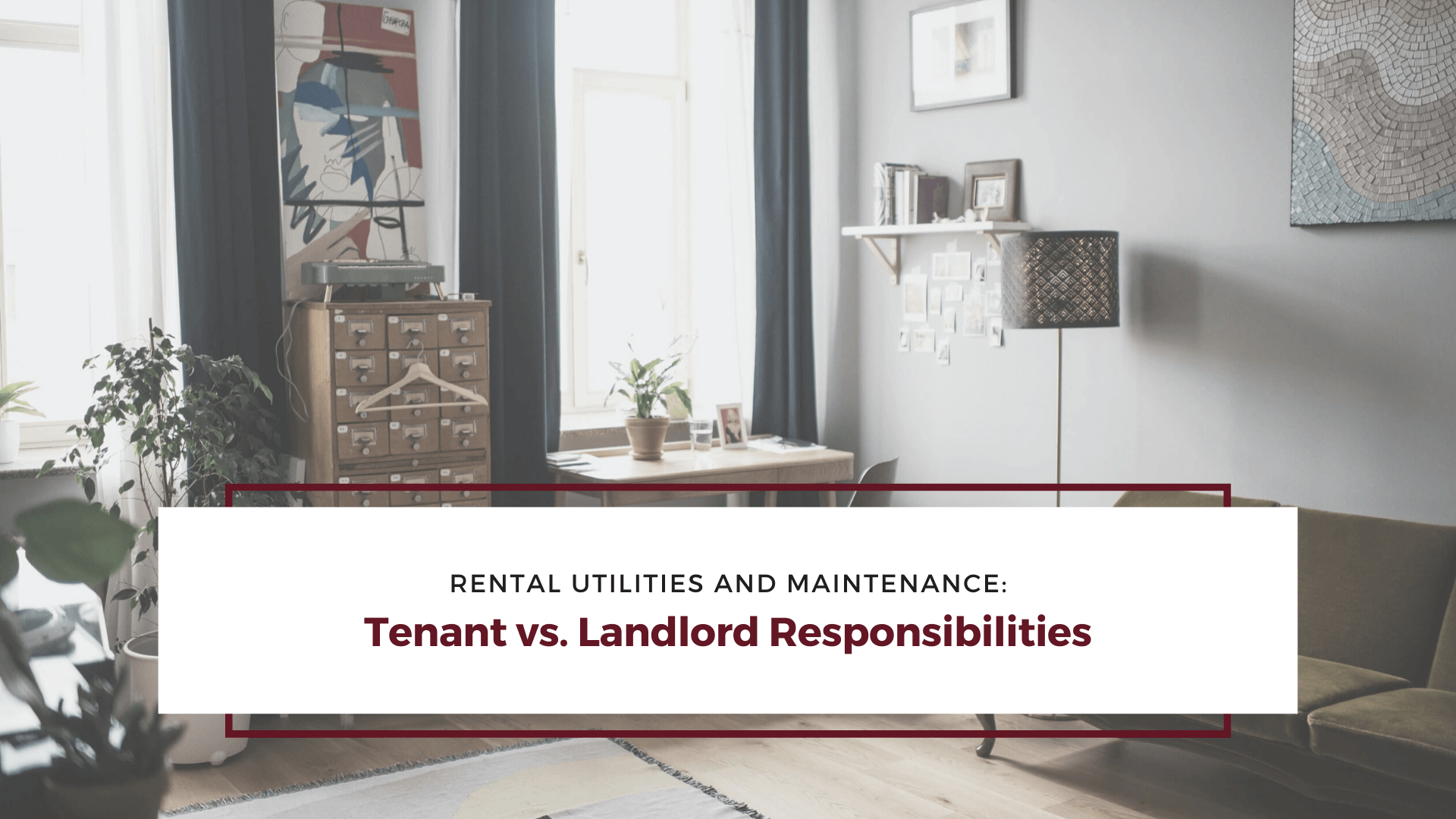If you’d like some help leasing, managing, and maintaining your Delhi rental home, please contact us at Wisdom Property Management & Realty, Inc.


The question of who is responsible for maintenance and utilities will often depend on the type of rental property we’re talking about. With commercial properties, the tenant is typically responsible for covering these costs. When it comes to residential rental homes, utilities can be paid separately or they can be included in the rental amount. With maintenance, the responsibility usually rests with the landlord unless the tenant has caused damage.
With single-family rental homes, utilities are almost always paid for by the tenant. You can expect your residents to establish their own accounts with the utility companies and to manage the payment of electricity, water, sewer, trash, and gas.
In multi-family properties, you can decide whether you want tenants to pay their own utilities based on usage or if you want to pay the utilities for the building and then bill back the cost to your tenants. There are pros and cons to both methods. Maybe you’ll want to bill a flat fee for electricity and water use or you can pay the utility bills and then charge the tenants for the amount that they used. Some tenants will see included utilities as a perk, which could incentivize them to choose your property over another.
Your responsibility as a landlord is to keep your rental property safe, secure, and habitable. You’ll have to pay for general maintenance of the property as well as wear and tear. If the heat breaks down or a pipe bursts, these will be your responsibilities. You must maintain all appliances that were provided with the property and ensure the tenants have access to water, heat, and electricity. You need to provide a
functioning and well-maintained home at the beginning of the lease term and you must keep everything working throughout the tenancy.
Plan on being responsible for most of the maintenance, unless due to the abuse or negligence of your tenants. Cosmetic upgrades, updates, and repairs are also going to be your responsibility. You want to keep your property up to date and attractive to tenants. Aging and deteriorating homes don’t rent well.
You can expect your tenants to be responsible for minor maintenance issues such as changing the air filters and replacing any light bulbs that burn out or batteries in garage remotes. Depending on what your lease states, they may be responsible for lawn care as well. Any HOA properties will have additional landscaping and home maintenance requirements, and you’ll have to be sure your lease establishes whether you or you tenant are responsible for things like weeding, mulching, and mowing.
Tenants enjoy the low-maintenance lifestyle that comes with
renting a Delhi property. They’re not expected to call plumbers when there’s a leak or fix garbage disposals that are jammed.
However, you can require your tenants to fix anything they damage. If something is flushed down the toilet that shouldn’t be in the toilet, the expense may fall to the tenants. If a child writes in permanent marker all over a wall, the painting can be the tenant’s responsibility. Any damage that’s documented after the tenant moves out can be billed to the security deposit.
You have the flexibility to work out whatever arrangement works best for you when you’re dealing with utilities and maintenance. Just make sure it’s clearly explained in the lease agreement, and establish your expectations with your tenants.

If you’d like some help leasing, managing, and maintaining your Delhi rental home, please contact us at Wisdom Property Management & Realty, Inc.
